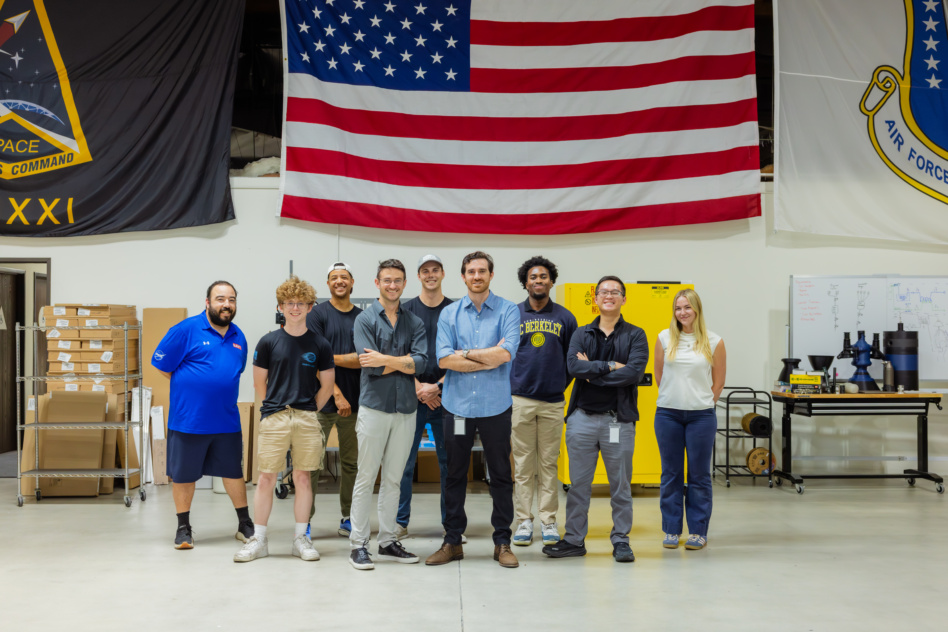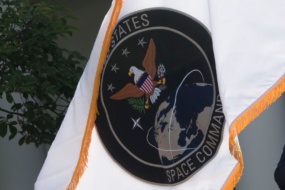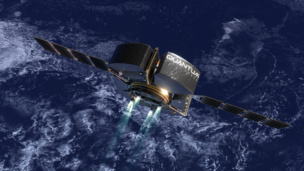The latest concept vehicle for the Space Force has arrived: A high-thrust, cryogenic platform that can loiter on-orbit for years at a time, as a tool for interception and space domain awareness.
Orbital Operations, founded by former Relativity engineers Ben Schleuniger and Ross Doherty, is working to solve a problem that has plagued high-performance space vehicles for years: Limiting the boil-off of the most powerful propellants, to enable long stays on orbit. The team is seeking a variety of government development contracts to prove out its technology.
Me sowing: After emerging from Y Combinator in the spring, Orbital Operations raised an $8.8M seed round led by Initialized Capital, with participation from Harpoon Ventures, DTX Ventures, Rebel Fund, TRAC VC, Karman Ventures, and investor Immad Akhund.
Me reaping: Orbital Operations’ Astraeus vehicle will use hydrogen and oxygen as propellants, but handling those propellants efficiently requires cooling them to 20 and 90 Kelvin, or -424 and -297 Farenheit, respectively. Once in-orbit, sunlight and radiation can heat those tanks, leading the propellants to boil off. So far, the only solution to avoid popping the rocket is to vent the vehicle’s tanks, limiting its stay in space to a day or two at most.
“What we’re really looking to provide for the US Space Force is the third-stage rocket that can stay out in orbit indefinitely,” CEO Schleuniger told Payload.”The only way to do that is to add this active cooling cycle to the tanks as well.”
This technology was originally mooted for ULA’s Centaur second stage, but never demonstrated on-orbit.
Chill out: Schleuniger and Doherty originally started thinking about active cooling in connection with a nuclear propulsion startup, but realized the idea could be more quickly brought to market with chemical propellants. Orbital’s system operates heat exchangers and turbomachinery to pump coolant around the tanks.
Go fast: The vehicle will be built around the company’s proprietary 10,000lbs thrust engine. Astraeus is designed to deliver 10km/s of Delta-v, allowing the vehicle to be stationed in LEO before rapidly moving to a target orbit when called upon. While the technology holds commercial potential as orbit transfer vehicle, that’s not the first market Orbital Operations is targeting.
“This is a counterspace weapon,” Schleuniger said. “We see an adversarial satellite coming towards a critical GPS or naval communications satellite, we rapidly respond and position next to that asset and be ready as deterrence, and intercept if need be.”
What kind of weapon will it be as an interceptor? “We are strong believers in trying to not do kinetic. So is the US Space Force,” Schleuniger said. “They’re really big on degradation technologies—whether that’s high-power microwave, or spoofing, or energy—and we’re working closely with them to figure out what exactly they want to do.”
Next up: The company is building a test stand for its engine, and developing a terrestrial demonstrator for its cryogenically cooled tanks. The founders expect to demonstrate their ability to cool propellants for the long-term by the end of the year.




